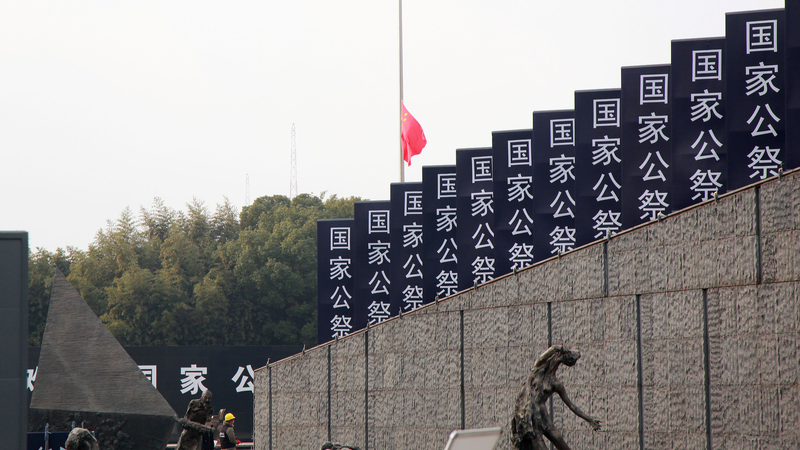When you picture the Olympic Games, you see athletes chasing gold through grit and discipline. Now imagine a competition where pumping steroids is not just allowed, but celebrated. Welcome to the 'Enhanced Games,' slated for May 2026 in the United States—a bold experiment that flips the script on fair play.
The World Anti-Doping Agency (WADA) has responded with a rare unified rebuke, condemning the 'Enhanced Games' as a "dangerous and irresponsible concept." WADA warns that years of evidence link prohibited substances to serious long-term side effects—and in some tragic cases, death.
The China Anti-Doping Agency joined the chorus of critics, branding the event "a distorted competition" that undermines athletic integrity and threatens competitors’ physical and mental health.
Proponents argue that by monitoring athletes in real time, scientists can unlock new insights into human performance. But critics counter that no cutting-edge research justifies risking lives—drawing a sharp analogy that we wouldn’t light athletes on fire to study burn injuries.
For sports fans, business innovators and thought leaders across G20 nations, the Enhanced Games are more than a spectacle. They force us to ask: Where do we draw the line between innovation and exploitation? How do we protect athletes while embracing new frontiers in sports science?
As this debate intensifies ahead of 2026, keep an eye on how technology, ethics and global policy converge on the field. The world of sport—and those who compete—may never be the same.
Reference(s):
cgtn.com




